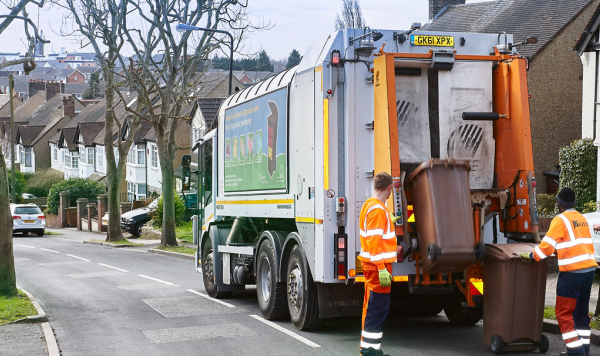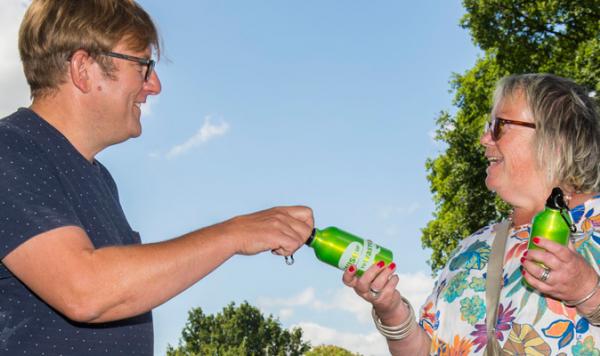Request
We’ve created the world’s first diagnostic tampon and a range of organic period products. Our current applicator is over 95% biobased LDPE sourced from sugarcane - recyclable but not biodegradable.
Would you be open to sharing any insights on the recyclability of such items in UK facilities?
Specifically, we’d like to understand if hygiene or contamination concerns impact their acceptance in standard recycling programs. We are keen to understand how such products are typically processed - whether they are likely to be recycled, sent to landfill, or incinerated - so we can make the most informed decisions about future material options.
Thank you for considering this. We look forward to learning from your expertise.
Response
Further to our email acknowledging your freedom of information request (reference 2024-236), our response is as follows.
You requested:
- How does hygiene or contamination concerns impact their acceptance in standard recycling programs?
- How such products are typically processed - whether they are likely to be recycled, sent to landfill, or incinerated - so we can make the most informed decisions about future material options
1. How does hygiene or contamination concerns impact their acceptance in standard recycling programs?
As the applicator comes into contact with bodily fluids, it would be considered a contaminant in the household recycling stream regardless of the material that is used. Should residues come into contact with other items during collection or processing, the applicator could prevent other materials in the waste stream from being recycled. We would advise residents to put single-use tampon applicators in the residual (general) waste bin to be sent for disposal through energy from waste (EfW). Any applicators that accidentally made their way into the recycling stream would be removed and sent to EfW and likely disposed of at a higher cost.
2. How such products are typically processed - whether they are likely to be recycled, sent to landfill, or incinerated - so we can make the most informed decisions about future material options?
The varied composition of these products, together with the presence of organic material after use makes their recycling technically and economically expensive. As such, the infrastructure and technology has not been developed in the UK to recycle period products.
NLWA are committed to preserving resources and managing waste according to the waste hierarchy, prioritising waste reduction. Earlier this year, we launched the 'Reduce, Reuse, Your Cycle' campaign to help people learn about reusable alternatives to pads and tampons. The campaign webpage features a wealth of knowledge on reusables, such as how-to videos, advice from those who’ve already made the switch, and a comprehensive list of commonly asked questions. We have partnered with several businesses to offer discounts on reusable period products for north London residents with the aim of making it easier for people to have more sustainable periods. If your business sells reusable period products and offers a discount code for these, we can consider including your products in our promotion.
If you are dissatisfied with the handling of your request, you may ask for an internal review, which should be submitted within two months of when you received our response to either informationrequests@nlwa.gov.uk or enquiry form quoting the above reference.
If you are not content with the outcome of the review, you may complain to the Information Commissioner, Wycliffe House, Water Lane, Wilmslow, Cheshire, SK9 5AF, or via their online portal. The Information Commissioner will not usually accept complaints before a review has been completed.


